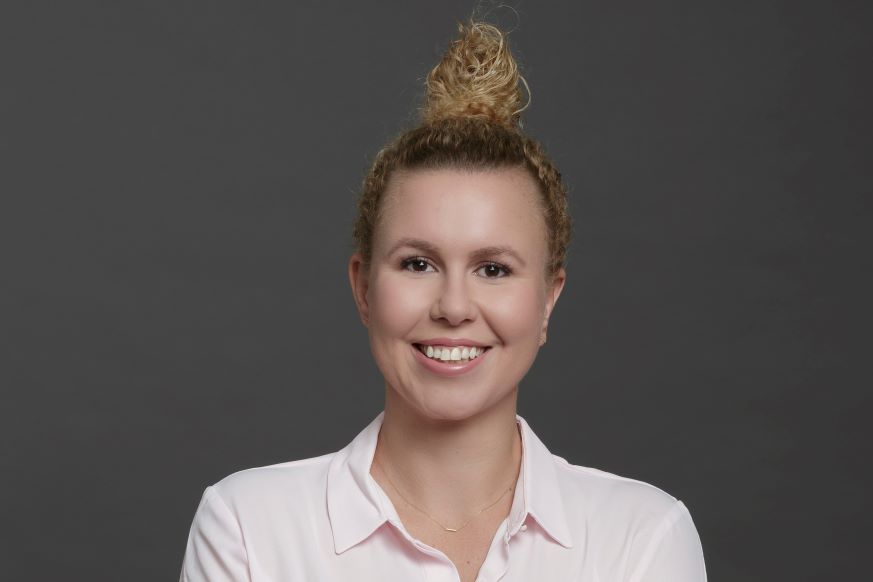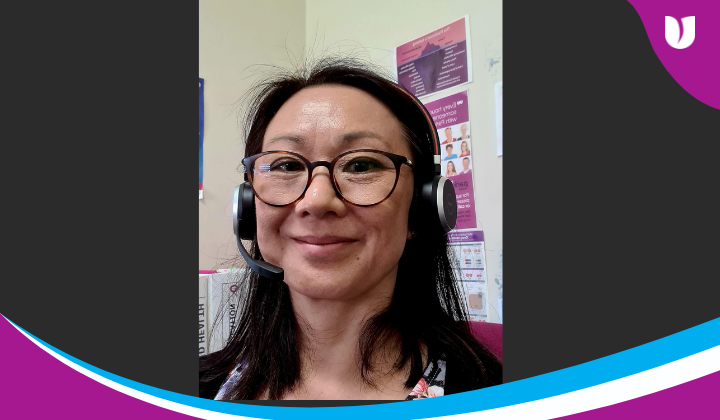Suliana Manuofetoa has joined Parkinson’s NSW as a Parkinson’s Specialist Nurse based at Hornsby Ku-ring-gai Hospital in Sydney.
She began her nursing career eight years ago and became a Clinical Nurse Educator in Neurology four years ago.
Suliana’s interest in Parkinson’s came about while nursing patients with the disease. She found it a very challenging condition, yet very rewarding to work with people who are bravely living with Parkinson’s.
Suliana’s passion for assisting Parkinson’s patients grew after her grandmother was diagnosed with the disease.
“It built my interest in it even more when I learned a lot from her about how she manages her Parkinson’s,” recalled Suliana.
Suliana, who grew up in Tonga, had first wanted to become a teacher and then changed her mind to study medicine. However her father disapproved, and she studied commerce instead.
“A year after I moved to Australia I began studying nursing at university,” says Suliana. “I am very pleased to be setting up a clinic now at Hornsby Ku-ring-gai Hospital where patients living with Parkinson’s can come and see me.
“The northern suburbs of Sydney patients need to travel some distance to access specialists and other Parkinson’s services – particularly if they can’t drive. I will now be available to guide patients and their caregiver through ways of managing their Parkinson’s.
“Caregivers can also be at risk of burnout so providing them with support is important, too,” she said.
“It’s quite challenging for partners who are caregivers to look after their spouse – especially as the disease progresses. They generally want to keep their partner at home as long as possible, but they will get to a point where they need respite or the partner needs nursing home care.
“I can help to educate caregivers to recognise advanced symptoms of Parkinson’s such as cognitive issues or hallucinations, so they can adjust their care. Just as importantly I can also offer caregivers emotional support.”
“I’m looking forward to opening the clinic and also speaking at Parkinson’s support groups,” says Suliana. “I can also facilitate telehealth appointments with neurologists for patients and their caregivers who have difficulties with travel.”





